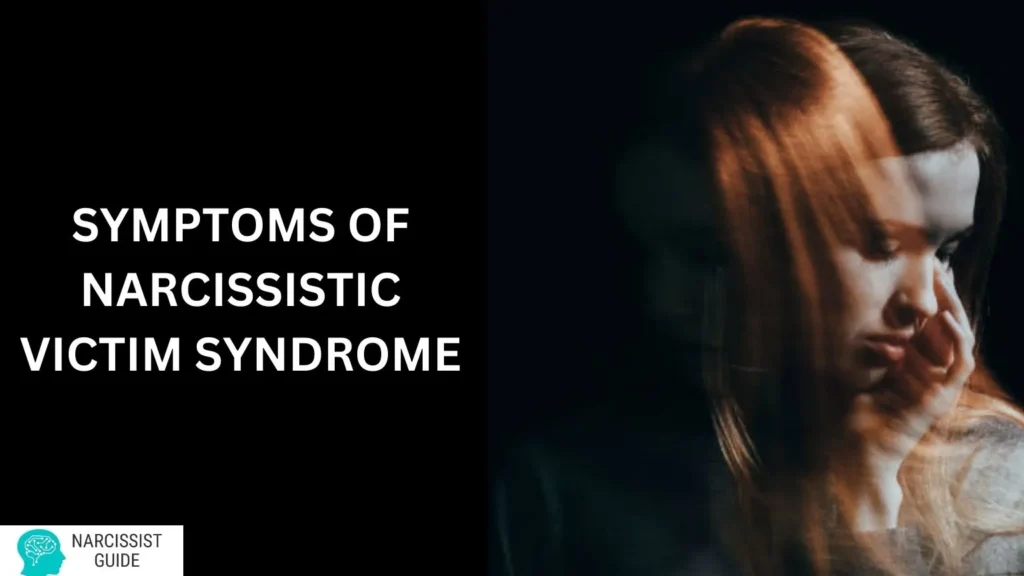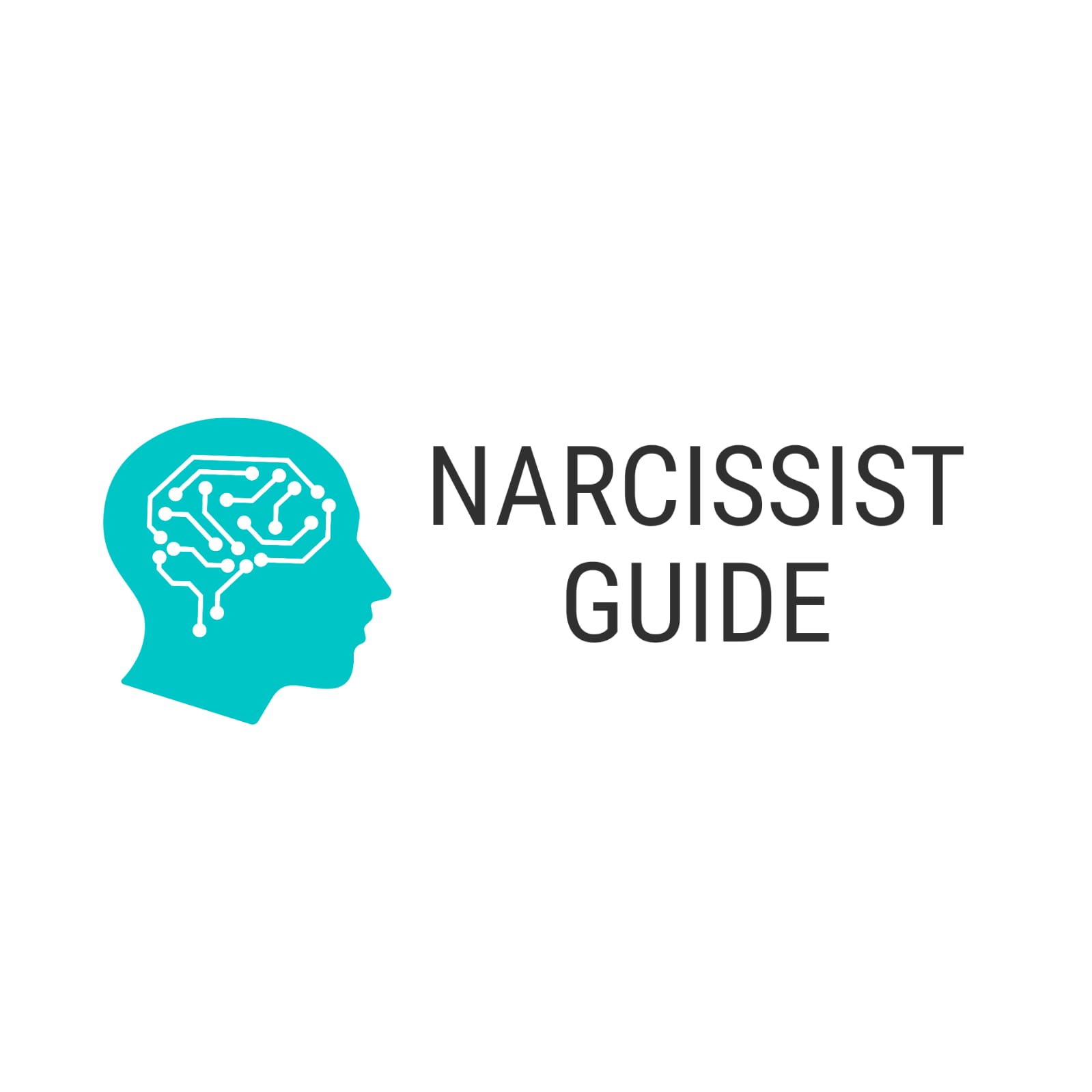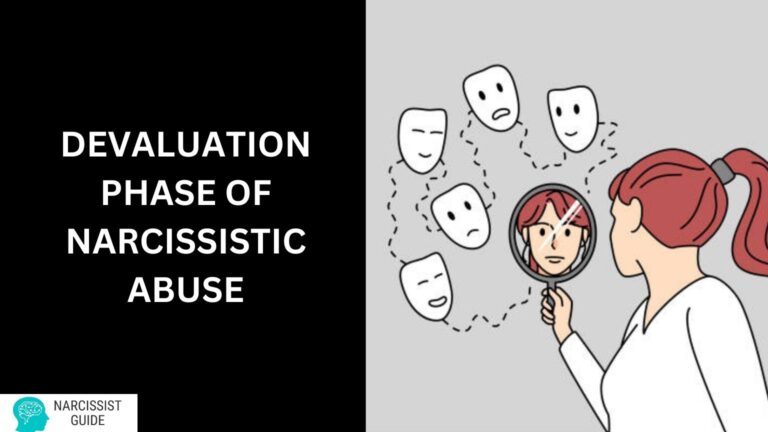20 Symptoms of Narcissistic Victim Syndrome
Narcissistic Victim Syndrome (NVS) is a complex psychological condition that arises from long-term exposure to narcissistic behavior, often resulting in emotional and psychological distress.
Understanding the symptoms of this syndrome is crucial for individuals who may be struggling in relationships with narcissists.
This article will outline 20 symptoms of Narcissistic Victim Syndrome, helping you recognize its signs and understand its implications.

What is Narcissistic Victim Syndrome?
Narcissistic Victim Syndrome is not a formal diagnosis but rather a term used to describe the psychological effects experienced by victims of narcissistic abuse.
Individuals dealing with NVS often feel confused, insecure, and emotionally drained due to manipulation and control by narcissistic individuals.
20 Symptoms of Narcissistic Victim Syndrome
1. Constant Self-Doubt
Victims of narcissistic abuse frequently question their worth and abilities, leading to crippling self-doubt.
2. Emotional Numbness
Feeling emotionally detached or numb is common. Victims may struggle to connect with their emotions or feel joy.
3. Anxiety and Fear
High levels of anxiety and persistent fear of judgment or rejection can signal NVS. Victims may constantly worry about pleasing others.
4. Difficulty Trusting Others
Having trust issues is prevalent, making it challenging to form new relationships or maintain existing ones.
5. Guilt and Shame
Victims often feel excessive guilt or shame for things outside their control, believing they are at fault for the abuse they suffered.
6. Hyper-vigilance
Many develop hyper-vigilance, always on the lookout for signs of disapproval or potential emotional harm from others.
7. Isolation
Narcissistic victims may isolate themselves from friends and family, feeling that no one understands their situation.
8. Intense Emotional Reactions
Victims can have disproportionate emotional responses to seemingly minor issues, often stemming from past trauma.
9. Fear of Abandonment
The fear of being abandoned or rejected can dominate thoughts and influence behaviors in relationships.
10. Difficulty Setting Boundaries
Struggling to establish and maintain personal boundaries is a common symptom, as victims often prioritize others’ needs over their own.
11. Chronic Fatigue
The emotional toll of dealing with narcissistic abuse can lead to chronic fatigue and exhaustion.
12. Depression
Many victims experience symptoms of depression, including persistent sadness, lack of motivation, and feelings of hopelessness.
13. Confusion and Disorientation
Victims often feel confused about their reality, leading to a state of disorientation regarding their feelings and thoughts.
14. People-Pleasing Behavior
The need to constantly please others can stem from a desire to avoid conflict and maintain a sense of safety.
15. Perfectionism
Victims may develop perfectionistic tendencies, believing that they must be flawless to avoid criticism or rejection.
16. Substance Abuse
Some may turn to alcohol or drugs as a coping mechanism to escape their emotional pain.
17. Imposter Syndrome
Feeling like a fraud, victims often doubt their accomplishments and fear being “found out.”
18. Loss of Identity
Many struggle with their identity, often feeling lost or unsure about who they are outside of the narcissistic relationship.
19. Revisiting Past Traumas
Victims may find themselves frequently reliving past traumas, unable to move forward.
20. Seeking Validation
A constant need for external validation can arise, as victims look to others to affirm their worth.
People also ask
How do you tell if you are a victim of a narcissist?
Determining if you are a victim of a narcissist involves recognizing specific signs in your relationship. Here are some indicators:
Constant Criticism: You often feel belittled or criticized, regardless of your efforts to please the narcissist.
Lack of Empathy: The individual shows little to no concern for your feelings or needs, often focusing only on themselves.
Gaslighting: You find yourself doubting your reality or perceptions due to manipulation or deceit from the narcissist.
Emotional Rollercoaster: Your relationship is filled with extreme highs and lows, leaving you feeling unstable.
Isolation: You feel cut off from friends and family, often because the narcissist discourages your social connections.
Overwhelming Guilt: You frequently feel guilty or responsible for the narcissist’s feelings or behavior.
Fear of Abandonment: You live in fear of being abandoned or rejected, causing anxiety in the relationship.
What happens to your body with narcissistic abuse?
Narcissistic abuse can have significant effects on your body and overall health, leading to various physical and psychological symptoms. Here’s what can happen:
Chronic Stress: Constant emotional turmoil can lead to elevated cortisol levels, resulting in fatigue, weight gain, and weakened immune function.
Sleep Issues: Anxiety and hyper-vigilance often disrupt sleep patterns, leading to insomnia or poor-quality sleep.
Digestive Problems: Stress from narcissistic abuse can cause gastrointestinal issues, such as irritable bowel syndrome (IBS) or chronic stomach pain.
Muscle Tension: Prolonged stress can result in muscle tension and chronic pain, particularly in the neck, shoulders, and back.
Cardiovascular Issues: Ongoing stress may increase the risk of heart problems, such as high blood pressure and heart disease.
Headaches and Migraines: Tension headaches or migraines can become more frequent due to stress and anxiety.
Lowered Self-Esteem: Continuous emotional abuse can lead to a negative self-image, which affects mental and emotional health.
Fatigue: The mental strain of dealing with narcissistic behavior can leave you feeling drained and exhausted.
How do narcissistic victims act?
Narcissistic victims often exhibit certain behaviors and reactions due to the trauma they have experienced. Here are some common ways they might act:
People-Pleasing: They may go out of their way to please others, often neglecting their own needs in the process.
Hyper-vigilance: Victims tend to be overly alert to the emotions and reactions of those around them, especially the narcissist, to avoid conflict.
Emotional Numbness: They may struggle to express emotions, feeling detached or numb as a coping mechanism.
Self-Doubt: Victims often second-guess their thoughts and feelings, leading to chronic self-doubt and insecurity.
Avoidance of Conflict: They might avoid confrontation or difficult conversations, fearing backlash or emotional turmoil.
Conclusion
Recognizing the 20 symptoms of Narcissistic Victim Syndrome is an essential step toward healing. If you identify with several of these symptoms, consider seeking support from a mental health professional who specializes in trauma and recovery. Understanding your experience and receiving the right guidance can significantly aid in reclaiming your life and self-worth. Remember, healing is possible, and you are not alone in this journey.

I’m Dr. James, and I’m glad you’re here. With years of experience in understanding and addressing the complexities of narcissistic behavior, I’ve dedicated my career to helping individuals navigate the challenging dynamics that come with narcissism, whether it’s in personal relationships, workplaces, or family settings.






